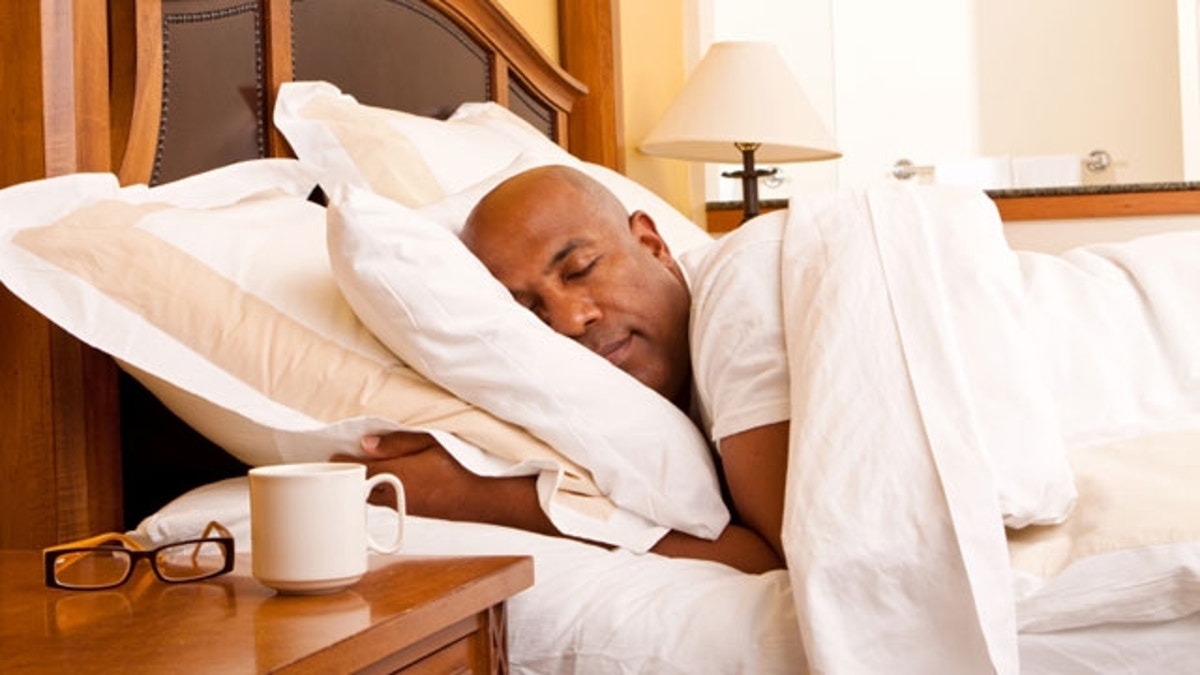
Getting older doesn't necessarily mean you go to bed early, sleep fitfully, rise at the crack of dawn and wander bleary-eyed throughout the day. A new study finds that more than half of people 65 and older actually sleep as well and as long as younger adults.
Most older people in the study logged at least 7.5 hours of shut-eye between the hours of 11 p.m. and 7:30 a.m.
Seventy-five percent of the people studied reported getting more than 6.75 hours of quality sleep per night. The remaining 25 percent snoozed fewer than 6.7 hours nightly and admitted to having trouble sleeping and being sleepy during the day.
The majority of people in the study went to bed around 11 p.m., although half hit the hay later than that, with one-fourth going to bed after midnight. Half got up at or after 7:30 a.m. and one-fourth woke up at or after 8:30 a.m.
Researchers at the University of Pittsburgh conducted telephone interviews with nearly 1,200 retired people ages 65 to 97 in western Pennsylvania. Past research has found that older adults go to bed early and sleep poorly, but has focused on older people who were ill, they said.
"Caution is needed in interpreting the conventional wisdom regarding the prevalence of troubled sleep and unwanted sleepiness in retired seniors," wrote the researchers. The "quality of and timing of nocturnal sleep and the level of daytime sleepiness" experienced by most seniors — those 65 years of age or older — may all be very similar to those of younger adults, the researchers added.
According to the study results, the time spent in bed and total sleep time of most people in this study were comparable to earlier findings on people ages 20 to 50. People who stay well and control their health problems will likely sleep as they did decades earlier, the researchers said.
The study was supported by a grant from the National Institute on Aging and published in the November issue of Healthy Aging and Clinical Care in the Elderly.
